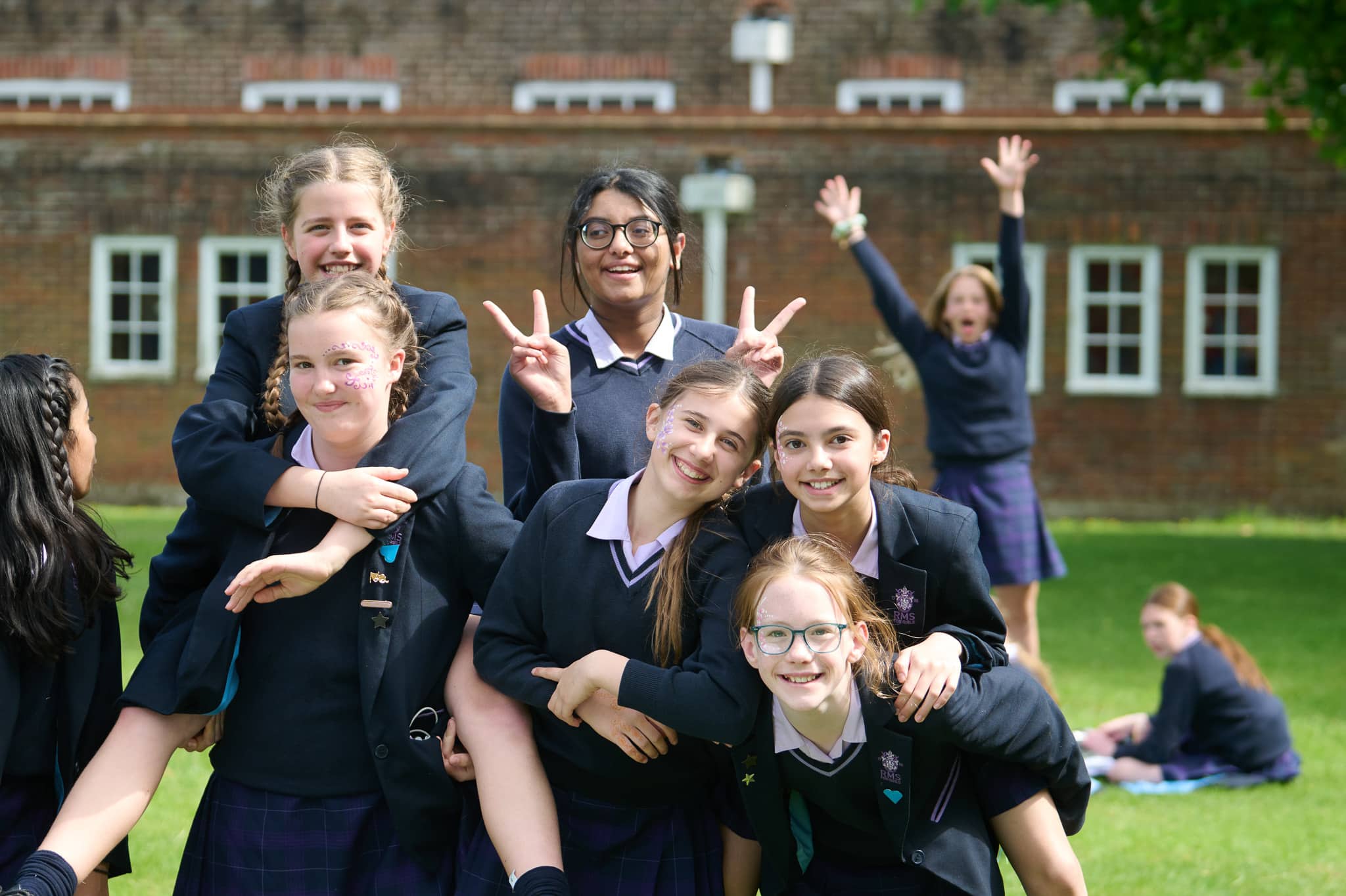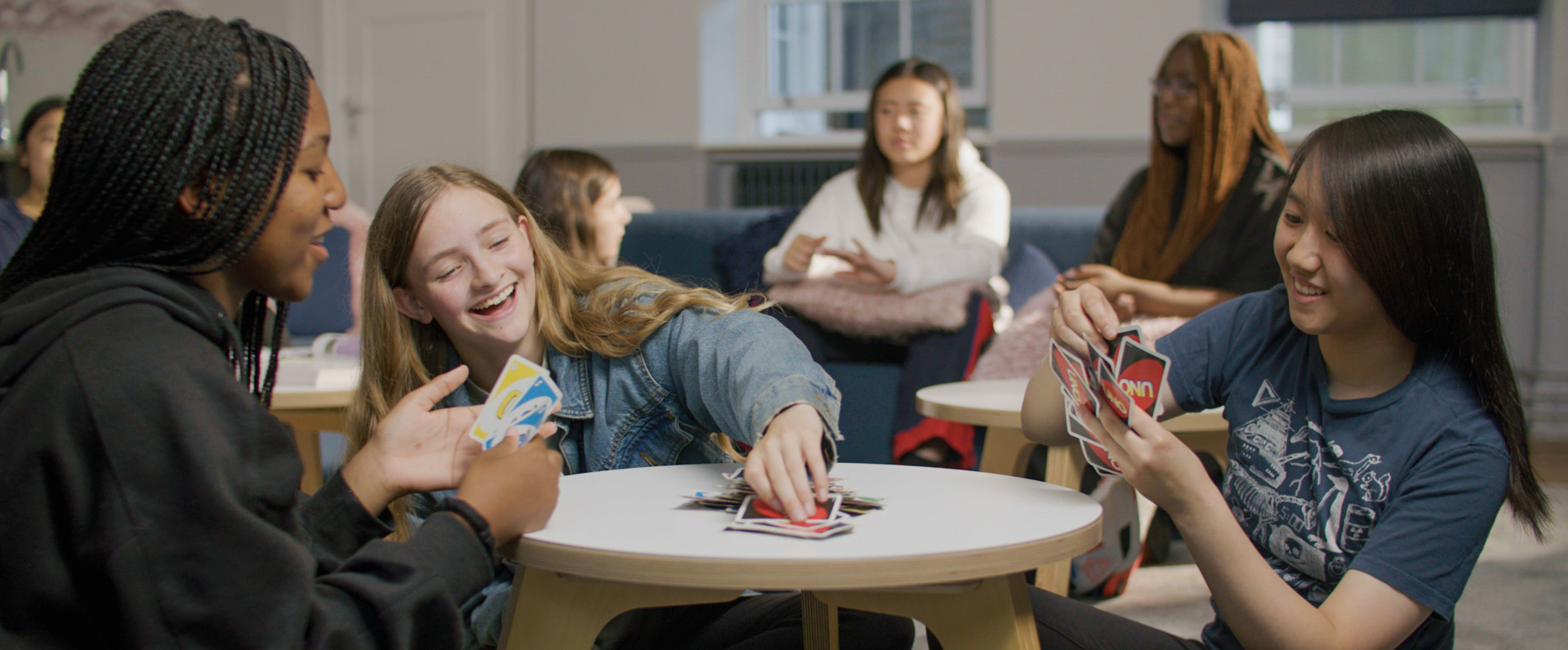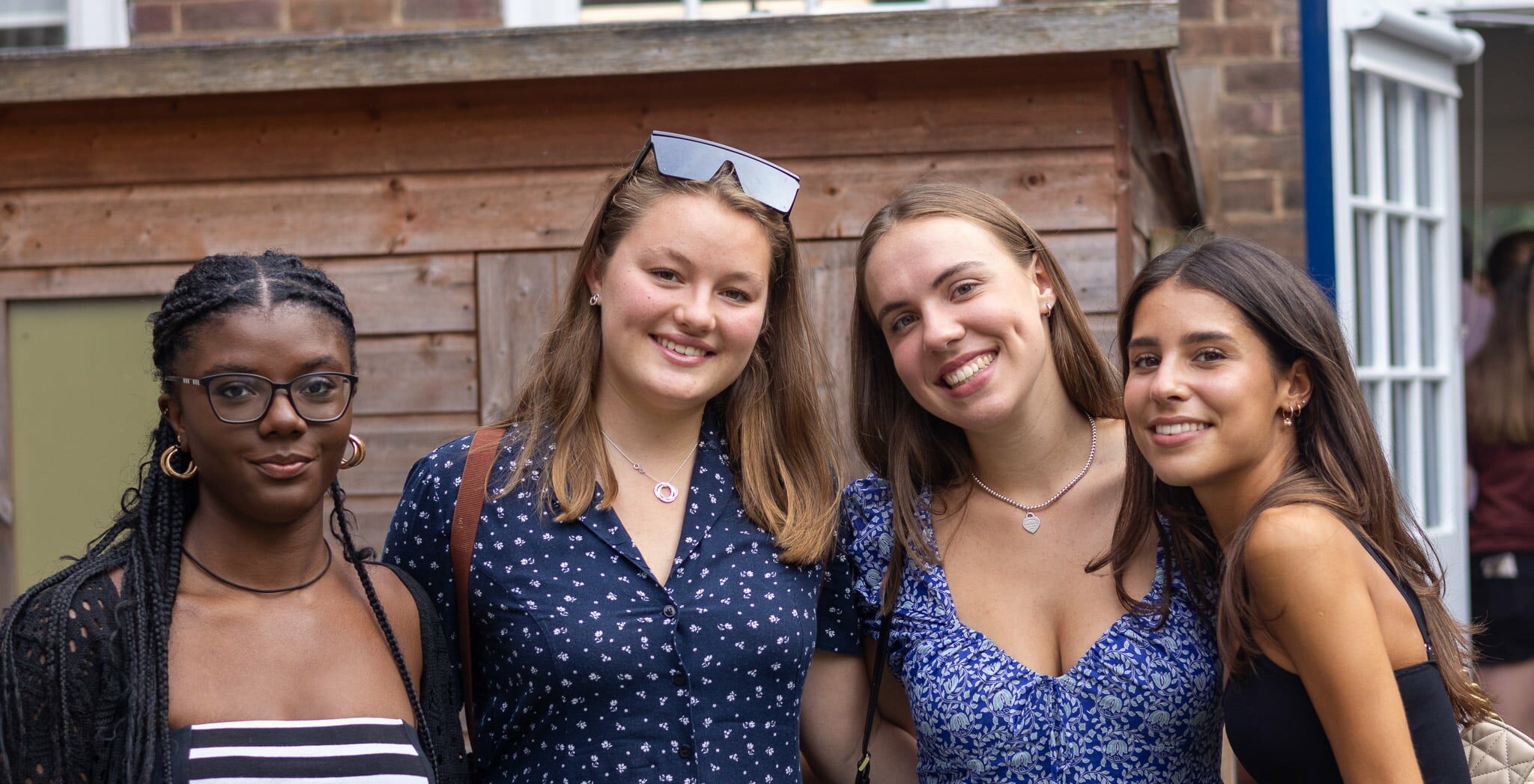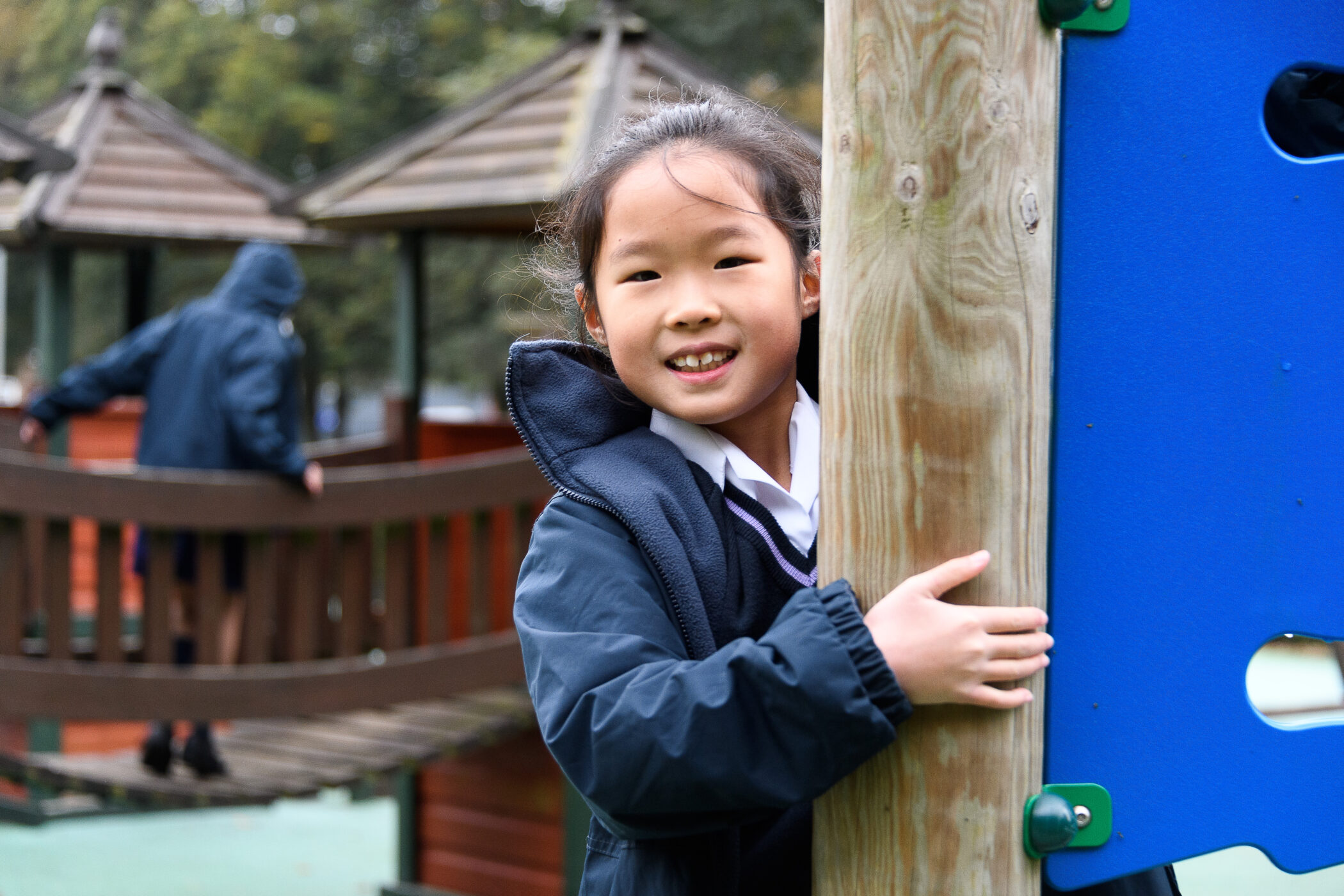RMS for Girls was delighted to host the ‘We Collaborate Teacher Conference 2024’ on Saturday 8th June 2024.
While much of our time as teachers and leaders is spent working independently, we face many of the same challenges and opportunities.
The ‘We Collaborate Teacher Conference’ brings educators together to learn, network and debate issues we consistently encounter in our educational settings. It is, at heart, an opportunity to meet and create connections with colleagues in the field. We were delighted to build on both local and national collaborations born out of last year’s event.
Leaving this event, attendees felt inspired, with a clearer sense of the value of belonging to a wider community of teaching professionals.
The day offered a collection of workshops, a prominent keynote speaker and a panel discussion exploring diversity in education.
- Hywel Roberts, the author of Oops! and Botheredness delivered a Keynote on the idea of ‘Botheredness’ in education, designed to reignite the excitement we felt when we entered the teaching profession.
- Jenny Webb, English Teacher, Assistant Principal and Research Lead at Trinity Academy Cathedral in Wakefield hosted a panel on ‘Diversity in Education’.
- #WeCollaborate included sessions across all phases on leadership, pastoral issues, behaviour, AI, mentoring, diversity, embedding T&L and student wellbeing. Contributors included Marie Parry, Adam Baker, Kev Bartle, Haili Hughes, Amjad Ali, Heather Hale, Jill Berry, Jenny Webb, Chris Curtis, Ian Timbrell, Bennie Kara, Nicky Bright, Jude Hunton, Sam Crome, Bradley Busch and many more!
Speaker Profiles
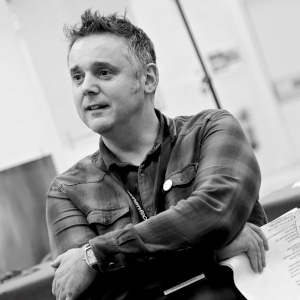
Keynote Speaker: Hywel Roberts
Hywel has been a teacher for over thirty years. His reputation has grown hugely since he stepped out of the full-time classroom. He has found an incredible and innovative niche in the world of model teaching contributing to and advising curriculum designers and innovators from Barnsley to Brussels, from Cairo to Cleethorpes.
Hywel is as at home in front of hundreds of Headteachers on the conference circuit as he is when working with EAL children on the carpets of their classrooms.
Hywel contributes to the national conversation around education at school and university level. He is an experienced teacher in Special, Primary and Secondary settings, nationally and internationally. He is also a well- respected author and contributes regularly to a variety of publications.
Hywel leads the PGCE programme in Drama at Huddersfield University and contributes to the Masters programme in Drama and Creative Writing at Leeds Beckett University.
In addition to working in schools, Hywel is a regular contributor to conferences including The Sunday Telegraph Festival of Education, Northern Rocks, Practical Pedagogies, and The University of Belfast Thinking Conference.
His award-winning book ‘Oops! Getting Children to Learn Accidentally’ is published by Crown House Publishing and has proved very popular with educators around the world and now is a feature on the reading list of many university teacher training courses. His book ‘Uncharted Territories’ is written with Dr Debra Kidd and was published in 2018. He writes a regular column
for the Times Educational Supplement about his encounters as a ‘travelling teacher’ and a weekly show ‘Hywel’s Teacher Stories’ on Teacher Hug Radio. Hywel’s number one Bestseller on Amazon, ‘Botheredness’ was published in 2023.
Session Information: ‘Botheredness: Making Learning Matter’
In this keynote, Hywel will cover:
- Developing practice with professional imagination
- Being creative in a concrete system
- Discerning pedagogical decisions
- Storytelling and learning: the research into how narratives can support progress and attainment in core areas
- Embracing enactive practice through Drama pedagogy to aid understanding across the curriculum
- Encouraging great oracy and participation
- Why Botheredness is a thing
We’ll also have fun.
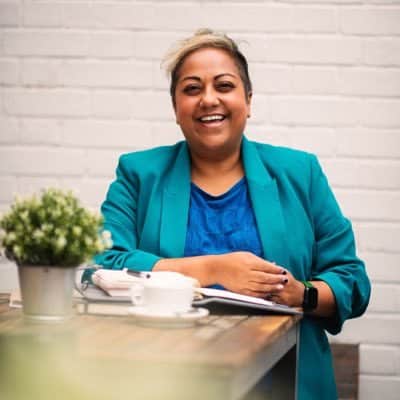
Bennie Kara
Bennie is a former school leader in the East Midlands, who now provides support and training for schools wishing to diversify and decolonise their curriculum. She also provides leadership coaching and training.
She is the author of ‘A Little Guide for Teachers: Diversity in Schools’ and the co-editor of ‘Diverse Educators: A Manifesto’.
She was awarded the Joan Goody Prize for Diversity and Inclusion by NATE in 2021 and received the Sage Social Justice Award in 2022.
Session Information: ‘The Power of Stories’
In this session, we will:
- Explore the necessity of stories in creating social cohesion
- Consider how the stories we were told affected our understanding of the world
- Explore problematic narratives around different identities
- Consider how to tell better stories for the next generation.
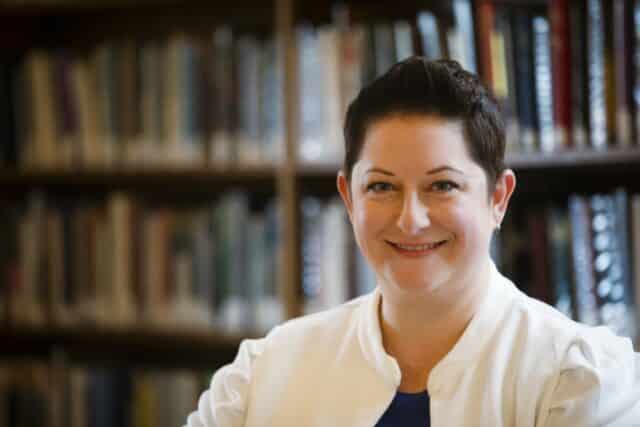
Laura Knight
Laura is a disruptive thinker, international keynote speaker, coach, and consultant, and is passionate about creative problem-solving.
She supports leaders with exploring the art of the possible, and leverages technology to improve outcomes, systems, and teams. She has been working as a teacher for twenty years and is an expert in leading the strategic development of technology for teaching and learning, 1-1 devices, artificial intelligence, staff training in digital skills, and online safeguarding.
Session Information: ‘Digital Wellbeing and Online Safeguarding in the AI Era: What do Teachers and Leaders Need to Know?’
In this session, Laura will unpack the latest developments in digital welling and online safeguarding, especially thinking about how AI changes the picture for schools. She will provide key information about the latest tech developments, and how we should evolve our practice in response to evolving threats and risks as a result.
This talk will be of benefit to all those who have pastoral responsibilities for students, including teachers, tutors, Heads of Year, DSLs and Senior Leaders.

Hannah Wilson
Hannah is the Co-Founder and Director of #DiverseEd. She is also the co-editor of ‘Diverse Educators: A Manifesto’.
She is a former Headteacher who now works independently as a leadership development consultant, coach and trainer with a focus on DEIB.
She is also a primary school governor and mentor for a young carer.
Session Information: ‘Inclusive Recruitment’
In this session we will:
- Consider the recruitment timeline touchpoints
- Understand the barriers to attraction
- Reflect on how inclusive the recruitment process is for different candidates
- Discuss how to diversify the workforce in an authentic instead of a tokenistic way
- Explore how to educate all stakeholders involved in the people management strategy

Ian Timbrell
Ian Timbrell has worked in schools for 20 years and currently supports schools, colleges and charities to develop a safeguarding and age-appropriate approach to Relationships and Sex Education, including development of policies, mapping of RSE and RSHE to school curricula, and training on LGBT+ inclusive education.
Ian believes purposeful and carefully considered education to be fundamental to protecting our teachers and young people. His work has been featured by ESTYN in case studies and he has been featured on ITV news and in a forthcoming BBC documentary on RSE in Wales.
Session Information: ‘Age Appropriate RSE in Primary Schools’
What exactly does ‘age appropriate’ mean, and with the current guidance, how can we ensure that what we teach is age appropriate?
In this session, you will explore how, in the search for inclusion, we can avoid introducing age inappropriate ideas and resources into our schools. You will leave with concrete ideas for how your school can safeguard pupils and staff to develop a curriculum that is inclusive, age-appropriate and prepares our children for a healthy and happy future.

Jo Brassington
Jo Brassington (they/them) is an educator, speaker, and author whose work focuses on making educational spaces more emotionally honest and inclusive.
They are the co-founder of Pride & Progress: a podcast, platform, and community group working to amplify the voices of LGBT+ educators, and explore ways to reimagine our educational spaces as more LGBT+ inclusive.
Their first book ‘Pride & Progress: Making Schools LGBT+ Inclusive Spaces’ published earlier this year.
Session Information: ‘Growing Trans & Non-Binary Awareness’
Our training sessions include:
- Sharing the lived educational experience of LGBT+ gender diverse people.
- Becoming conscious of the additional barriers gender diverse young people may face in schools.
- Becoming conscious of the historical and current statutory guidance and legislation in relation to supporting gender diverse people.
- Building confidence through exploring the developing language around gender identity and expression.
- Exploring the distinction between sex, gender identity, and gender expression.
- Building confidence and competence in supporting trans young people as they come out in an educational space.
- Growing confidence and competence in challenging transphobic language.
- Developing competence in reimagining our educational spaces, and making them more diverse, equitable, and inclusive of gender diverse people.
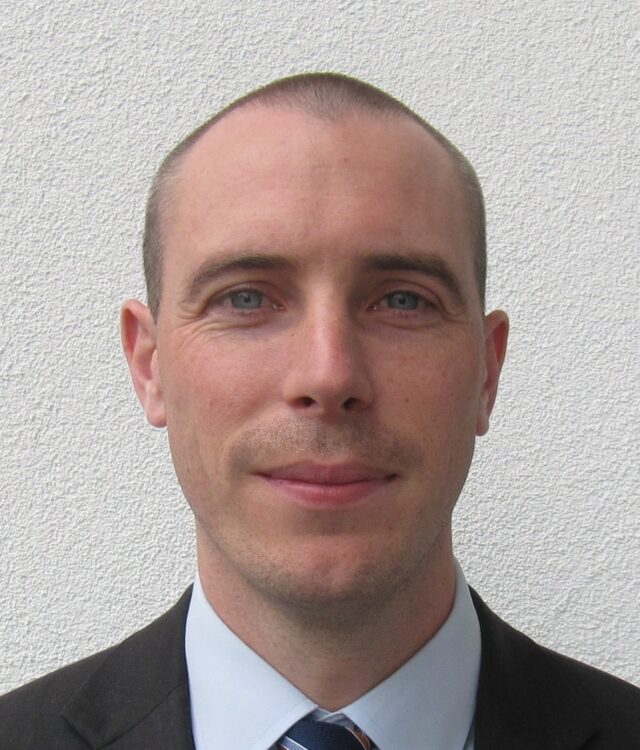
Sam Crome
Sam Crome is a school leader, currently a Deputy Headteacher and Director of Education for a Multi Academy Trust in Surrey.
He has been a Head of Year, Head of Department, Head of Sixth Form, lead Teaching and Learning, and most recently lead pastoral teams across a secondary school.
Session Information: How Can You Be Part of, or Lead, a Team That Truly is Greater Than The Sum of its Parts?
This session explores the evidence base behind truly thriving teams, and finds that the commonalities across elite teams are no accident, but rooted in research-informed principles.
Using a combination of academic research, other studies, and examples from various sectors, Sam discusses how we can apply evidence to create teams that flourish, followed by providing practical strategies for school-based teams, including staff and students.
This will be of value to anyone who leads a team, or those who are part teams and want to better understand how to help them flourish and succeed.
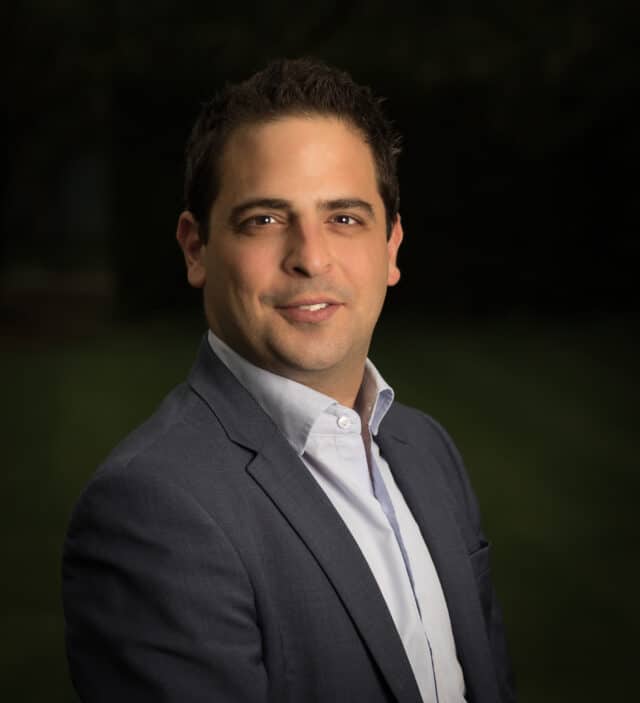
Bradley Busch
Bradley is a BPS Chartered and HCPC registered Psychologist. He has worked with people in education, sport and business: helping them improve how they learn, think and perform under pressure.
In Education, Bradley is the director of InnerDrive, which is one of market leaders for Teaching and Learning CPD as well as student workshops.
Bradley also co-authored the best-selling book ‘The Science of Learning’ (which has been translated into Korean, Chinese, Spanish and Dutch) and has written regular blogs for The Guardian, as well featuring regularly for The Telegraph, the BBC 5Live, Men’s Health and BT Sport.
Session Information: Improving Resilience, Maximising Feedback: What Does The Research Actually Say?
In this session, Bradley will cover what does the latest and greatest research actually say about two key areas in the lives of our students; resilience and feedback. In it, he will explore why some feedback does more harm than good, what we can do to improve the likelihood of students actioning our feedback, as well as the surprising way to enhance student resilience.
This should be of value to anyone and everyone. Specifically, classroom teachers, teaching assistants and senior leaders. It will appeal to those who work 1-1 with students through to those responsible for creating whole school ethos and teaching & learning strategy.

Haili Hughes
Haili is a Senior Lecturer at the University of Sunderland and the Head of Education at IRIS Connect. For fifteen years prior to that, she was an English teacher and middle and senior leader. Haili also facilitates the ECF and NPQLTD and speaks at hundreds of schools a year.
Haili has written three books: ‘Preserving Positivity’ ‘Mentoring in Schools’ and ‘Humans in the Classroom’ and has more books due out soon.
Session Information: What Military Strategy Has to Do With Effective Teacher Coaching and Expertise
Coaching in schools has exploded in England as a form of professional development. But is all coaching equal? Little is underpinned by the science of learning and most is limited to the narrow definitions of novice and expert teachers.
This session will explore the military strategy ‘Ooda Loop’ and what it can teach us about the power of observation and orientation, based on past experiences, to influence decision making.
This session will be most useful for professional development leads, mentors, coaches and teacher educators.
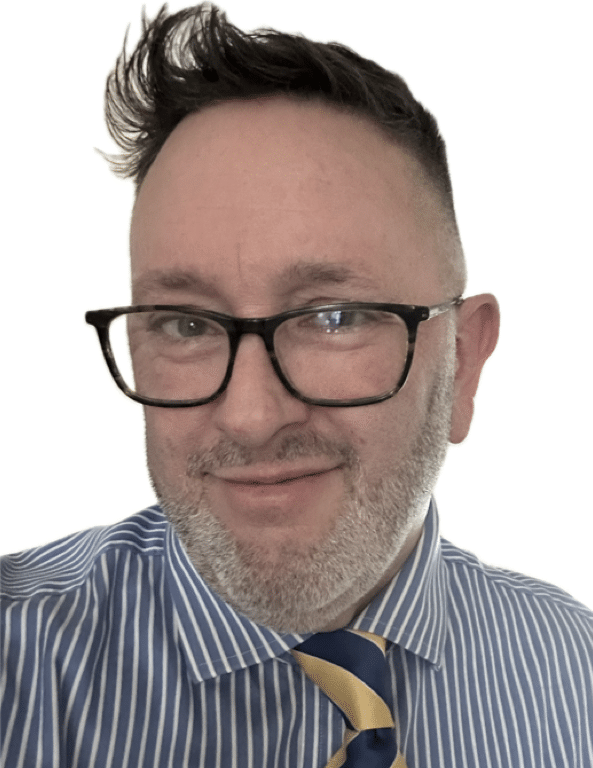
Mark Anderson FCCT
Mark Anderson FCCT, author of The EdTech Playbook, is a former teacher, SLT member, and now works as a consultant, speaker and most recently, in 2021, was appointed as the Head of Education at NetSupport Limited.
Session Information: Are We Nearly There Yet? AI in the Classroom
In this session, Mark will share important considerations in the use of AI in the classroom. Taken from the latest updates, thinking and guidance from around the world, this session will explore leadership perspectives, the use of AI, and how we can use AI safely. Expect to walk away enthused, amazed and empowered to try new things in ways you can make work for you.
This session would be of value to anyone leading on technology in their school to any teacher looking to embed authentic and helpful uses of technology to their everyday teaching, learning and resource creation toolkit.

Nicky Bright
Nicky works as an independent leadership development consultant, facilitator and coach in a variety of sectors including video games, engineering and education.
As the foundations of great leadership are laid in our energy management, Nicky is passionate about raising awareness of the perimenopause.
Nicky is a former headteacher and Chair of the Girls’ Schools Association’s Professional Development Committee.
Session Information: Raising Awareness of the Perimenopause
Everyone knows someone going through the perimenopause and by increasing awareness we can address our biases and aid teacher recruitment and retention.
In this session we will deepen understanding of the perimenopause, especially among those who are either not yet experiencing it, or never will, so they can best support themselves, and/or those around them, to ensure an environment is created where everyone feels they belong, and aid retention.
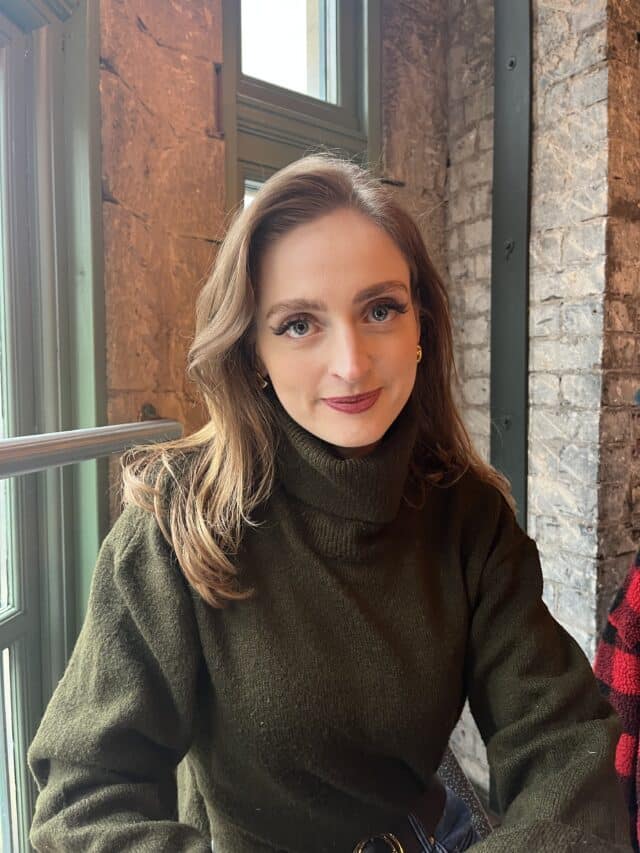
Hannah Lawrence
Hannah Lawrence is currently the Curriculum Leader of English at Trinity Academy Cathedral in Wakefield.
She has worked in schools in the Leeds area and held positions such as Whole School Literacy Lead and Head of Key Stage 3.
Session Information: Curriculum Leadership Unleashed: Nurturing Effective Teams in Education – A Curriculum Leader Perspective
In this session we will:
- Explore team development strategies from a Curriculum Leader’s viewpoint.
- Learn to foster collaboration, identify strengths, and address challenges within your team.
- Gain insights into effective communication, goal-setting, and creating a positive work culture.
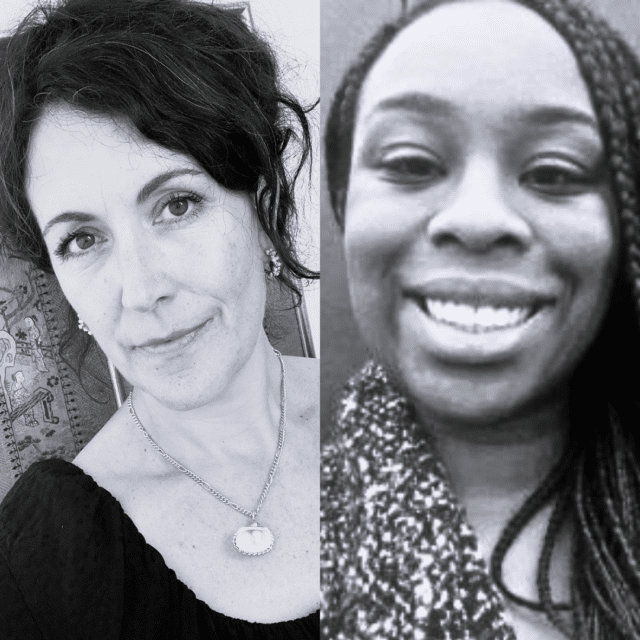
Stephanie Keenan and Elmina Ferguson
Stephanie Keenan is Head of Secondary English at Ark Curriculum Plus and works with Elmina Ferguson on her secondment from Ark Pioneer on curriculum design for English Mastery.
They have worked closely together on the implementation of Helen Edmundson’s play adaptation of Andrea Levy’s ‘Small Island’ in Year 9.
Elmina is a Lead Practitioner, English teacher and AQA Examiner in her 7th year of teaching with an MA in Education Leadership, currently studying an MA in Literature. She has been instrumental in the development of the ‘Small Island’ unit for English Mastery and is particularly focused on ensuring high quality teaching for SEND students, developing reading across the curriculum and training ECTs.
Before joining Ark Curriculum Plus in 2022, Stephanie taught at an outer London comprehensive for over ten years, including seven as Head of Department for KS3-5, has worked as an EEF Evidence Lead for Greenshaw Research school; taught a BA Education module at the University of West London and graduated with an MA in Expert Teaching from Plymouth Marjon / Ambition Institute in 2021. Prior to qualifying as a teacher, Stephanie worked in television production.
Session Information: Diversifying the Curriculum: Laying the Foundations in KS3 English
In this session we will learn:
- How teaching the ‘Small Island’ play text in KS3 both enriches the KS3 curriculum and prepares students for Ks4 study, whether existing favourites or new texts.
- How to introduce new and diverse texts into the KS3 curriculum in a coherent, sequential way that lays the groundwork for introducing new texts in KS4.
- Ways to anticipate and prepare for introducing new texts with challenging themes, for example around race, immigration, sex, gender, and adoption as in ‘Small Island’.
- How to ensure teachers, parents and students are all on board when introducing a new text
- How to plan for implementation and training in the long term to make the new text a successful addition to the English curriculum

Chris Curtis
Chris Curtis has been an English teacher for fourteen years and a head of department for the last five years. As an avid reader and blogger, he is always looking and reflecting on what works for students in the classroom. Chris is a big believer in finding and sharing practical solutions to difficult problems in the classroom.
Session Information: Writing Fluency
How do we get students to be fluent in their writing regardless of the topic, subject or area? With the massive focus on reading, it is easy to forget about writing and its importance in the classroom.
This session will:
- Share some practical strategies to use in classrooms regardless of subject area.
- Offer strategies on how to deal with specific problems associated with writing.
- Show models on how to incorporate models to support learning.

Heidi Drake
Session Information: ‘Don’t Dream; be it!’ Equality, Diversity and Inclusion as a way of being as a school. Not an added extra.
A discussion of why it matters deeply that EDI is not something that happens in some lessons, but something that just IS part of the school life beyond the curriculum,. and an exploration of how it can be achieved.
Including a case study of how we moved from a school criticised by OFSTED to one whose work was complimented by a range of outside agencies and who other schools ask for help (clue: it’s not the teachers’ EDI group!).
This session is for anyone interested in working towards a school where everyone is welcome (the work is never done), teachers, SLT, governors, anyone interested in education.
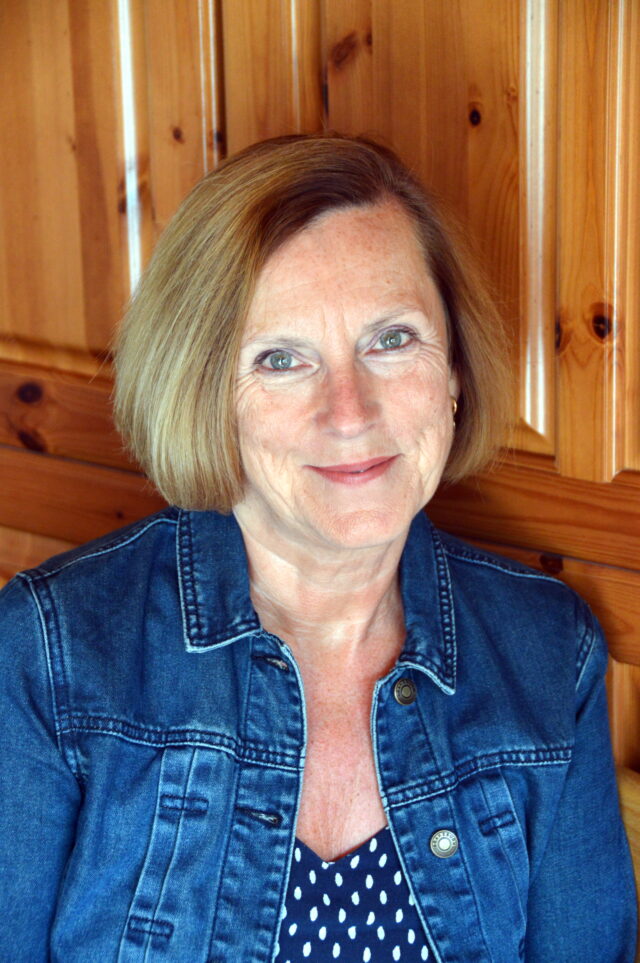
Dr Jill Berry
Jill taught for thirty years across six different schools in the UK, state and independent, and she taught adults to GCSE and A level in the evenings for several years. She was a head for the last ten years of her time in schools.
Since 2010 she has completed a doctorate, researching the transition
to headship and written a book about it (also now available as an audio book); and carried out an extensive range of leadership development work.
She has given a TEDx presentation on the subject of ‘Take a Second Look: Bring Out the Best in Yourself and Others’, and she has published three short novels.
Jill is an advocate for the opportunities presented by social media for networking and professional development, tweeting, sharing on LinkedIn and blogging about education.
Session Information: ‘Building Trust in Challenging Times’
This session will explore how leaders at all levels can build the most positive, mutually trusting and respectful relationships with those they lead, even in the most difficult times.
How can leaders ensure they lift others, rather than grinding them down, including when they are navigating tricky conversations, and holding others to account? And how can we preserve those constructive and supportive relationships when we face challenges and externally imposed pressures which are not of our own making?
This should be of value to anyone currently serving in a leadership position at any level, or aspiring to a leadership role.
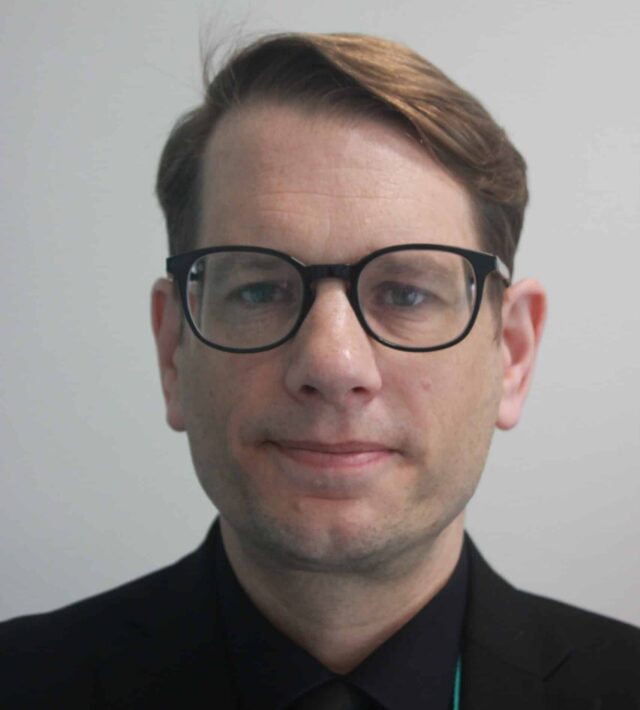
Andrew Jones
Session Information: ‘What Works Best? A Critical Approach to Evidence-based Practice
While the push for evidence-based practice (EBP) in education has provided valuable insights and spurred advancements in applying cognitive psychology to teaching and learning, some researchers argue its current form is too narrow and reliant on quantitative methods, such as laboratory experiments or randomised control trials (RCTs).
This over reliance ignores qualitative data, diverse methodologies and broader educational goals, such as education’s ethical purpose. Therefore, it is suggested that teachers and school leaders move towards a more inclusive EBP that incorporates both quantitative and qualitative evidence, acknowledging the limitations of current approaches and embracing different perspectives to ultimately enhance educational practice.
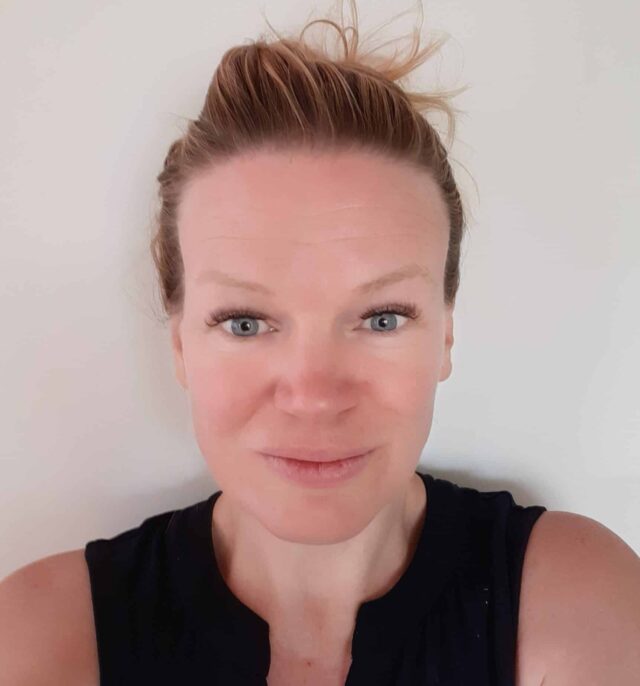
Dr Kate Bridge
Session Information: ‘Planning a Career Path That Works for You: Next Steps after ECT Induction’
It is very easy to get lost in “teaching” after induction or at various points in your career. this interactive workshop will help you verbalise your perspective on education and what you stand for as a teacher, audit your skills, and set you up for success.
This session will be of value to ECT’s and those straight after induction, who are thinking about career paths but also, equally, to anyone who needs to reflect on their direction.
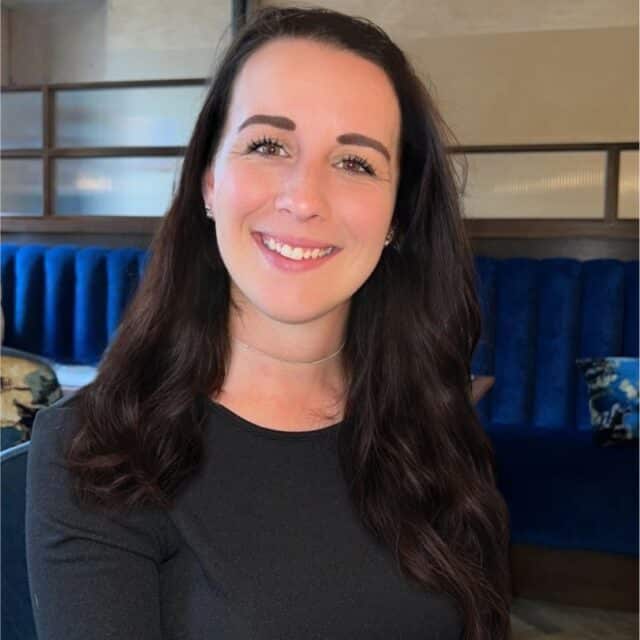
Heather Hale
As an NQT, determined to make a difference for disadvantaged children, Heather completed a body of research on attaining positive outcomes for Pupil Premium boys.
As an RQT she secured her first middle leadership role as a Deputy Achievement Coordinator and embarked on a journey to senior leadership, taking on roles from Pupil Premium Leader to Second in Charge of English. Without shadow of doubt, she has proven relentless in her desire to make a difference to students and staff.
In April 2022, Heather was appointed to the position of Associate Assistant Vice Principal following the determination and drive she displayed daily in upholding standards and having high expectations for all, herself included.
By her ninth year in teaching, Heather once again changed suit (both literally and metaphorically) and embarked on the SENCo journey at a wonderful school in Preston. Feeling like a novice in a room full of experts, she now has a fascinating insight into the world of SEND.
Session Information: ‘Tales of The Naive SENDCo’
It’s 12:15pm on a Tuesday afternoon, and the dreaded ping of yet another, probably whole-school, email hits your inbox. It’s the third feedback request this week, what gives! Or how about the many documents you have to read about that one child who you’ve been told has to sit at the front?
The world of SEND is a complex and messy place. A place that we are not given a thorough tour of in our teacher training. A place that is filled with statutory requirements, seemingly socially acceptable derogatory language and a baffling number of abbreviations.
Having been thoroughly emersed, head-first into the deep end of SEND, I aim to provide you with a little insight, a little strategy here and there and of course a little laugh at my expense (always).

Adam Baker
Session Information: ‘The Parmiter’s Learner – Implementing the Development of Good Learners at Parmiter’s School’
This session will explore how we have implemented The Parmiter’s Learner initiative, which has been developed to enable our students to acquire essential learning traits, thereby developing the attributes necessary for lifelong learning success.
Closley based on the work of Guy Claxton’s book, “Building Learning Power,” our approach to learning at Parmiter’s is encapsulated by fifteen core learning traits, developed by our Teaching and Learning student committee alongside our staff Teaching and Learning Leads.
The Parmiter’s Learning traits not only define the expected attitude students exhibit within the school daily but also lay the foundation for their application in lifelong learning endeavours beyond Parmiter’s. This holistic approach emphasises that learning extends far beyond the acquisition of facts, championing a deeper understanding of the learning process and the requirements needed to be successful in this.
This session would be of value to middle leaders and T&L leads, or SLT with an oversight of Teaching and learning of people who are interested in student centred learning.
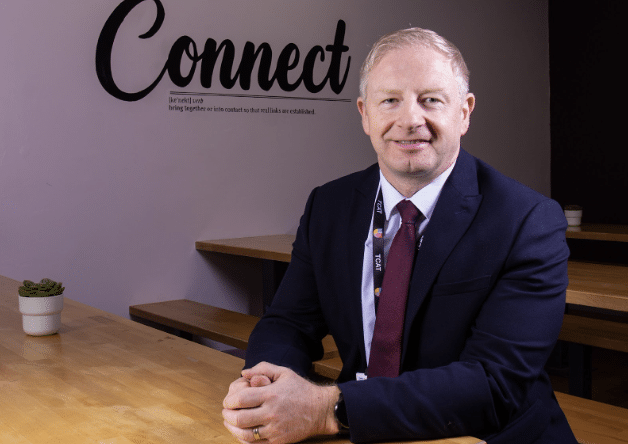
Andy Moorcroft
Andy Moorcroft is the Chief Executive Officer at The Challenge Academy Trust which is a cross-phase trust based in Warrington, Cheshire.
The trust has 14 schools within it made up of a a range of primary schools, a junior school, a diverse mix of secondary schools including a Church of England high School and a 2,500 place 6th form college.
The trust also operates across 3 local authorities and alongside its core business, delivers the Initial Teacher Training programme and holds the regional contract for delivery of the full suite of National Professional Qualifications; the trust also delivers an extensive range of professional development programmes and holds several DfE contracts for school improvement across the region.
Andy came to the role after working in a variety of leadership roles on challenging schools across the north west of England and following a successful headship at one of the founding secondary schools within the trust.
Andy works nationally for both University College London and Best Practice delivering the National Professional Qualification for Executive Leadership and also works as a National Leader of Education for the DfE.
Session Information: ‘From Intuition to Insight: Using Leadership Instincts and Research to Grow an Effective Multi-school Organisation’
As a founding member of the academy trust he works for, Andy has played an integral role in forming, shaping and developing a unique multi-school organisation whose strength is built upon deep, focused collaboration and inter-dependence.
In the early days of the academy movement when TCAT was conceived, there was a scarcity of evidence or research around best practice and system leadership. Consequently, the formative years of the organisation were built upon leadership instinct and judgement.
The organisation has grown and evolved over the last decade and practice is now shaped around the best available evidence to support curriculum development, pedagogy, leadership and school improvement.
Andy and colleagues will trace the journey of the organisation and how both structure and culture have been shaped to create a large complex organisation in which both individuals and schools learn from each other and work together around a collective vision.
Who might benefit? Any colleagues interested in the academisation agenda, system leadership, research around creating culture or looking to build strong collaborative practice with other organisations.

Ed Podesta
Session Information: ‘What do teachers of English *do* when they’re exercising autonomy – and why should we care?’
A discussion about the meaning of autonomy in teaching generally, and in English in particular, along with the interim findings of new research on the actions, activity and decision making of English teachers acting autonomously. Implications for department and school leaders will be outlined.
This should be of value for people interested in professional status and activities of teachers, those developing professional learning and development policies, programmes or activities. School teachers and leaders with an interest in enabling and developing teachers’ autonomy will also hear and discuss important ideas and strategies.

Marie Parry
Marie is currently the Assistant Headteacher at Rickmansworth School.
Session Information: ‘Challenging Economic Exclusion in Education’
This session will explore the steps taken in a number of local schools, using Rickmansworth as a ‘case study’. Considering the barriers students face, how their achievement can be adversely affected by unconscious bias in stakeholders and how schools can work together to tackle this ongoing, national issue.
This should be of value to any educational professional who feels passionate about redressing the achievement gap between economically disadvantaged
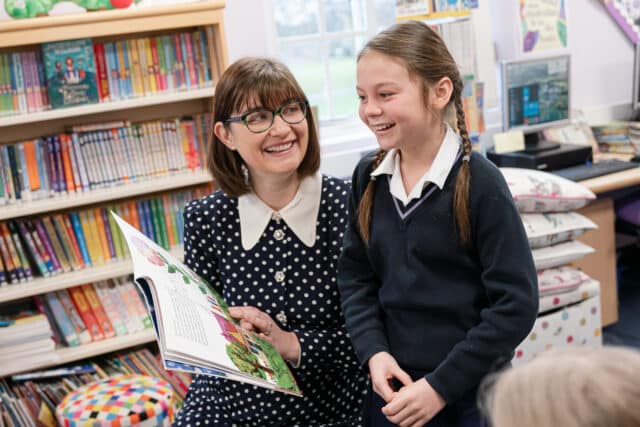
Melanie Horn
Melanie is the Head of Cadogan House, the Prep School at RMS for Girls.
Cadogan House aim is to help every girl to find her unique voice in the world. Happy children learn best, so a deep understanding of, and care for, every girl as an individual is at the heart of the Cadogan ethos.
Session Information: ‘Exploring Beyond Four Walls: The Crucial Role of Outdoor Learning in Primary Education’
We can often feel children’s lives are dominated by screens and sedentary lifestyles and the call to reconnect children with the great outdoors has never been more urgent. This session will explore the importance of learning beyond the four walls of the classroom with some practical examples of how to get outside in all types of school. There is a particular focus on Early years and KS1.
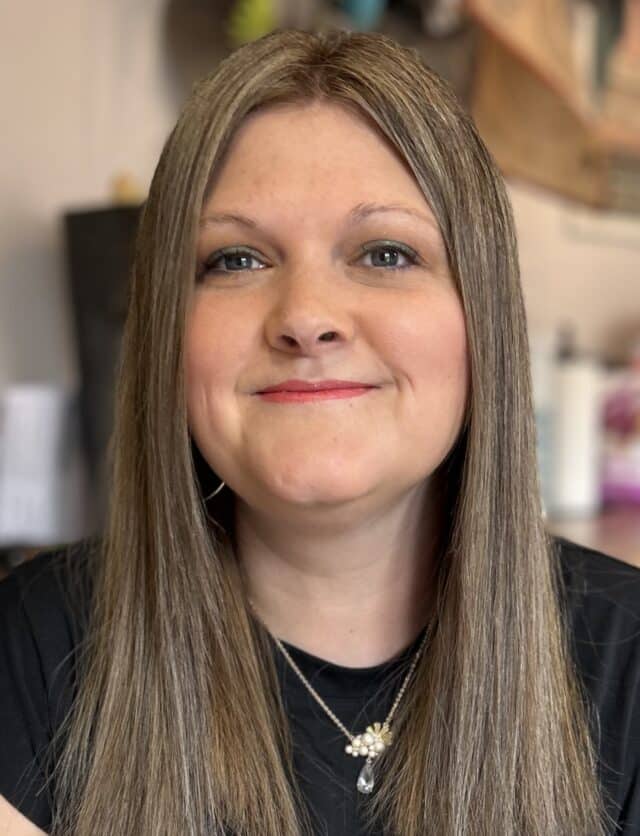
Rowena Beedell
For the past 15 years, Rowena has been passionate about science education and using technology to enhance learning. Rowena is currently aHead of Year at RMS for Girls.
Session Information: ‘An Exploration of AI in Teaching: A Discussion Session’
We’ll be exploring how AI can be a powerful tool to support teachers. Thinking about how we can use LLMs that streamline lesson planning, provide personalised feedback to students, even craft assessments, quizzes, help writing emails to parents and much much more!
We’ll discuss the possibilities, the challenges, and your thoughts – is AI going to help change the future of teaching?

Jenny Webb
Jennifer Webb is the Director of English and Literacy at Carlton Academy Trust in West Yorkshire.
She hosts http://www.FunkyPedagogy.com – a site where she has built an extensive CPD library for English teachers and school leaders, whilst also freely sharing resources and articles rooted in her own classroom practice.
She is a best-selling author and also curates ‘The Reading List Project’ as a vehicle for diversifying school libraries and English curriculum choices.
Session Information: ‘When T&L Goes Wrong’
If you believe what you see on Twitter and Instagram, T&L is all fun coaching groups, smiling ECTs, beautiful graphics and colouring in, but the reality of school improvement is very different. Nothing is simple. Nothing is linear. And even the best performing schools have bumps in the road.
This session will explore some of the ways that leaders of teaching and learning can persevere with things which feel like they aren’t working, and give practical strategies for solving problems and responding to the challenges we face on the road to reaching complex and ambitious goals.

Andy Hugh & Claire Godley
Andy Hugh and Claire Godley are the directors of Heads Up Kids, a social and emotional wellbeing charity for primary schools. Their goal is to create a shared emotional language in the classroom and throughout a school, by training teachers to facilitate carefully designed programmes and supporting them to create a safe and supportive environment in which children’s social and emotional development is nurtured just as much as their academic development.
Session Information: ‘Building Positivity – Can We Really Change the Way We Think?’
Habits of thinking need not be forever. One of the most significant findings in psychology in the last twenty years is that individuals choose the way they think. Martin Seligman, 2014.
The session will explore ways that teachers can support primary school children to challenge their thinking. During the session we will consider how we can validate children’s experiences whilst also giving them the tools to problems solve and re-frame their experiences.
The session will also give teachers tips and tools to build positivity and resilience in the classroom. There will be time for reflection and questions. This should be of value to anybody working in a Primary School.
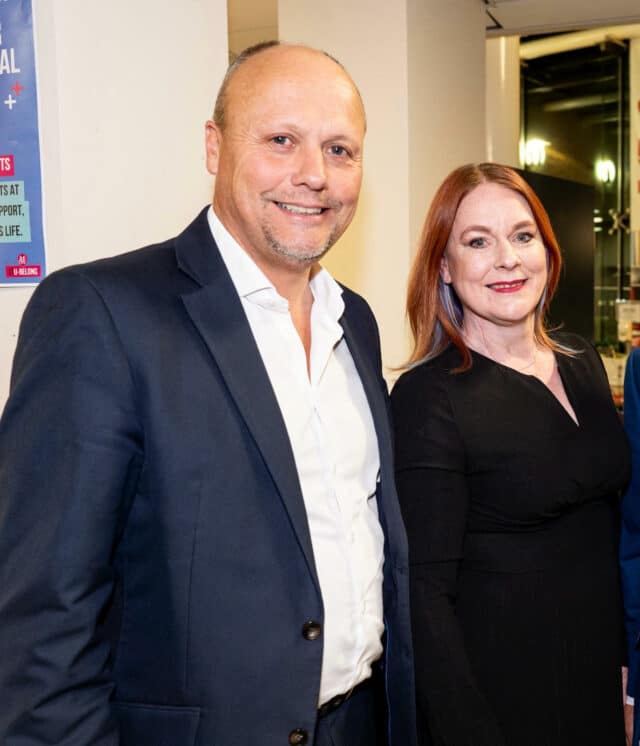
Jonathan Rice and Leigh Hoath
Session Information: ‘Leading Climate Change Education in the Primary School’
Jonathan Rice and Leigh Hoath will explore how a federation of schools has enabled leaders and class teachers to take a meaningful approach to teaching climate change education without compromising quality.
The session will draw upon examples from Jonathan’s schools and case studies to bring to life implementing this challenging context. Who will benefit? Any primary teacher or school leader.

Hywel Roberts and Leigh Hoath
Session Information: ‘Botheredness’ in Action: A Spotlight on Climate Change Education’
Hywel and Leigh will explore what “botherness” can look like in action. Exploring the ideas and principles behind curriculum making and pedagogies, they will use the example of integrating climate change into different subject areas.
Who will benefit from this: Any primary or KS3 teacher who is interested in learning more about how they can adapt their curriculum and teaching in order to engage children and young people with challenging concepts.
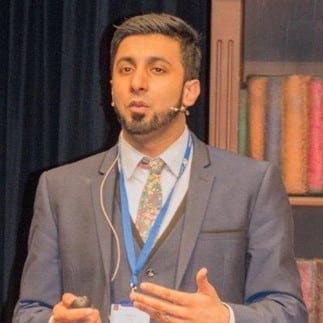
Amjad Ali
Session Information: ‘Adaptable Adaptive Teaching; Low Effort Strategies to use in any Classroom’
Enhance your teaching effortlessly with Amjad Ali’s workshop on adaptive T&L strategies tailored for special educational needs (SEND).
Explore low effort, yet high impact, techniques to craft inclusive and impactful lessons for all learners. From swift adjustments to dynamic activities, discover strategies to effectively engage every student.
“Needed for some, but benefiting all!” Join Amjad to try, refine and ditch elements of your teaching processes. Depart equipped with a toolkit of adaptable strategies promising impact with minimal effort. Elevate your teaching and empower students with SEND to flourish in an accessible learning environment.
Don’t miss this opportunity to revolutionise your approach with Amjad Ali!
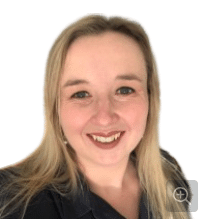
Georgie Dee
Session Information: The Opportunities and Threats of AI in Pastoral Work – A Discussion.’
In an era marked by rapid advancements in artificial intelligence, as educators we find ourselves at the forefront of transformative possibilities.
Generative AI holds immense potential for enhancing pastoral care within schools. As we explore this landscape, we encounter exciting opportunities and must grapple with emerging challenges.
This workshop will facilitate discussion of the opportunities and threats of the AI “explosion”. Some of the themes we will consider are: the use of AI to better understand our students whilst reducing colleague workload; ethical concerns including the harmful use of AI by students and the challenges around bias and fairness presented by AI.
This session would be of interest for pastoral leaders and anyone with a strong interest in pastoral work at any stage of their career.
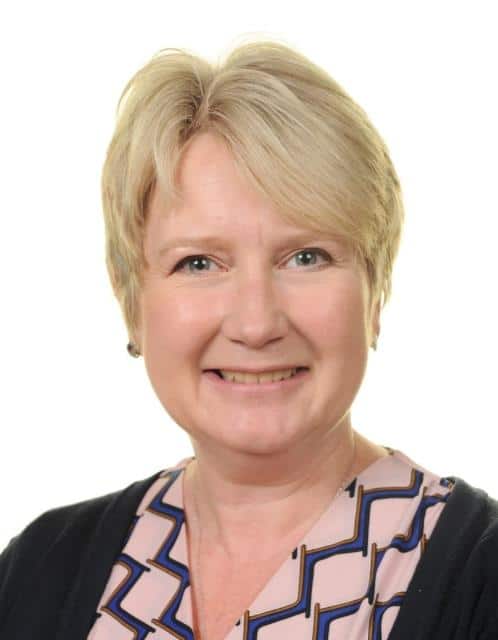
Liz Pickford
Liz is currently the Head of Careers at RMS for Girls.
Session Information: ‘Easy Wins – Careers in the Classroom’
Careers should not be a stand alone function within the school environment, but should emanate across the whole curriculum – academic & co-curricular. The purpose of education is, after all, to prepare our students for their futures beyond the school gates. However, this should not be an onerous or time consuming task – teachers are busy, but also need to keep themselves abreast of the every changing employment landscape.
In this session Liz will provide: :
-
A brief overview of the current frameworks for CEIAG (Careers Education Information and Guidance) including the Gatsby Benchmarks and CDI Framework, which schools should be following,
-
Summary of the future jobs landscape – anticipated trends and skills required
-
A toolkit of resources and ideas to form a starting point for ways in which you can incorporate careers into everyday classroom settings.
This session will be useful for teaching & support staff across the curriculum, within both primary and secondary settings, looking at ways to link their subjects to the world of work. It will also be useful for those in pastoral, form tutor and curriculum settings.

Keven Bartle
Keven Bartle was, until last September, the headteacher of a vibrantly diverse secondary school in NW London. These days, he is the founder of www.Mind-Your-Head.net and a Senior Education Lead with SSAT.
Keven’s post-headship work is all about supporting and sustaining school leaders, particularly headteachers, in their roles through the provision of reflective supervision.
Session Information: ‘The Case for a Culture of Reflective Supervision for Headteachers, School Leaders, and Staff’.
In this session, Keven will share the insights from recent research that clearly point to the need for better support for school leaders and staff. He will outline the ways in which he believes that reflective supervision is the ideal conduit for such support in an education system that is loaded with uncertainty. The session will also touch upon what that might look like for individuals, groups and whole schools.
Who would benefit from this session:
-
Headteachers and school leaders looking to establish a stronger culture of staff support.
-
Prospective school leaders looking to influence how staff wellbeing is addressed.
-
Headteachers and school leaders interested in personal support with their role.
-
Anyone interested in the wellbeing of school staff and leaders.
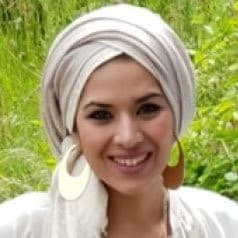
Zara Shah
Zara Shah is an author, KS4 Coordinator for English at The Grammar School at Leeds and a Learning and Teaching Specialist for English for the Leading Learning Partnership.
She has an MA in Teaching and is a passionate advocate for equity and evidence-informed practice.
Zara has co-authored ‘Succeeding as an English Teacher’ and written a teacher’s guide for a GCSE text, ‘Anita and Me’.
She is also a primary school governor, a mentor and the West Yorkshire Regional Lead for LitDriveUK, a non-profit organisation committed to better balance and subject-specific CPD.
Session Information: ‘Feedback for Marginal Gains’
‘The pace of learning is accelerated by at least 50% with effective feedback’ Dylan William.
This session takes an evidence-informed approach to discuss how we can improve the quality and efficiency of feedback with a particular focus on the granular, 1% improvements.
It draws on the lessons learnt from the British cycling team and how we can incorporate these in our every day practice, from the moment we share our feedback vision with our learners to the scaffolds we can put in place to automate the process.’
What will delegates take away from this session? An overview of the principles of marginal gains, how feedback designed around these principles can can be implemented and embedded in classroom practice, and strategies to make it a coordinated approach within or across departments to maximise impact.

Andrew Manley
Andrew has been a teacher for over 22 years, teaching in both the Independent and state sector. Andrew is currently the Deputy Head at Heatherton School, which is part of the Berkhamsted Schools Group.
Session Information: ‘Why Formative Assessment Needs to be Important in Primary Education’
In this session, we will explore:
- Formative assessment.
- Why formative assessment needs to be important.
- Introduce the five strategies of formative assessment.
- How we activate students as owners of their own learning.
- Provide a number of practical techniques for formative assessment.
This session will be of benefit for those with a particular focus on the primary years.

Cat Webb
Session Information: ‘Sharing Best Practice in Tackling Attendance: A Case Study on the Impact of Systems and the Value of Engaging the Whole Community’
Improving school attendance is at the forefront of national and local agendas. The DFE published new guidance for schools in “Working together to improve attendance” that outline the schools roles and responsibilities in tackling this. However, we all know that removing barriers to attendance is complex and individualised for each learner. Finding solutions and support can often be time consuming for staff and parents.
The aim of this session is to share successful strategies and processes that have positively impacted learners, parents, attendance officers, pastoral staff, class teachers and SLT. Engagement from all sides is fundamental to effective support and we will explore what works and what doesn’t. We will Identify common barriers for engagement across different groups and explore steps that can be taken to engage hard to reach students.
This will be of value to attendance officers, pastoral leaders, SLT and form tutors.

Jennie Simmonite and Catherine Gardner
Session Information: ‘From Theory to Practice: A Story of Leading Diversity and Inclusion on the Ground’
Catherine and Jennie are excited to share their learning journeys and lived experiences as EDI leads at RMS for Girls.
With an understanding that it is only when people feel seen and celebrated that they can thrive, this session will focus upon offering practical ideas for anybody interested in building, fostering or advancing a culture of inclusivity and belonging at their school.





